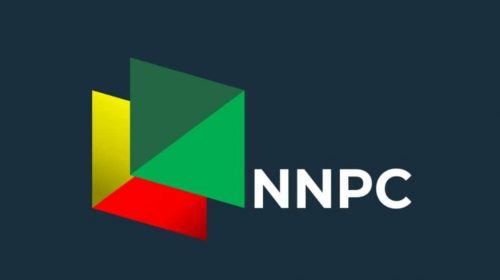Parthian Partners’ CEO Hails BVN’s Transformational Impact on Nigerian Fintech Sector

By Ngozi Onyeakusi—Oluseye Olusoga Credits BVN for FinTech Industry Growth, Oluseye Olusoga, Group Managing Director of Parthian Partners, the parent company of leading Fintech, i-invest, has highlighted the transformative impact of the Bank Verification Number (BVN) on the Nigerian Fintech sector. He shared this insight during the Nigeria Fintech Forum held on August 3rd at the Civic Centre in Lagos, where he discussed the evolution of the Nigerian Fintech landscape and the key trends shaping its growth.
Participating in a panel session themed “Nigerian Fintech So Far; Assessing Trends, Opportunities & Obstacles,” Mr. Olusoga emphasized that financial inclusion and FinTech growth in Nigeria have been greatly influenced by three factors: mobile phones, data, and BVN.
According to him, “BVN literally transformed the FinTech sector; from the KYC perspective to fraud prevention techniques. A lot of FinTechs can only do what they do today because of the existence of BVN. However, the same BVN has become the cause of a lot of Fintech’s headaches on the flipside. For instance, overnight, NIBSS comes up with a new policy that says everyone must have this thing called ‘iGree.’ While it could be argued that it is in line with data protection practices and so on, it could potentially turn into a nightmare for FinTechs depending on how it is implemented.”
Olusoga stressed the importance of including Fintech practitioners in regulatory discussions before policies are changed to shape the landscape and promote financial inclusion. He cited practical examples where BVN could play a significant role in tracking digital footprints for online purchases and payments made through Fintech apps and using them to determine if individuals are paying appropriate taxes.
Addressing the issue of the National Identification Number (NIN), he believes that BVN already solves the same problem, and efforts should be coordinated to avoid duplicating resources. “Since NIN was implemented after BVN and BVN seems to be working just fine, we should not waste resources trying to create something that already exists,” Olusoga said.
Looking towards the future of the Nigerian FinTech sector, Olusoga highlighted the significance of policy and regulation. He emphasized the need for collaboration between practitioners and policymakers to enable innovations like wallet systems that facilitate easy and quick money transfers. He said, “There are lots of things we still do in Nigeria that are a bit archaic, but it all boils down to policy, regulation, and collaboration. If people are willing to work together then a lot of the frictions that we currently see in Nigeria will disappear.”
Regarding future trends, he pointed out that Artificial Intelligence (AI) will play a crucial role in reducing fraud and developing better products. AI can analyse behavioural patterns and detect anomalies, thus improving fraud detection. Additionally, the more AI is trained with digital footprints, the better it can design customised products for customers.
Other speakers at the Nigeria Fintech Forum event included the keynote speaker, Professor Olayinka David-West, Associate Dean of Lagos Business School; Kayode Odetola, CEO of aYo Nigeria; Oladipo Alabede, CEO of Clane; Akeem Lawal, MD of Payment Processing & Switching at Interswitch, among others.
The future of the Nigerian FinTech industry relies on effective policymaking, collaboration, and embracing AI-driven innovations to foster financial inclusion and growth in the sector. With continuous dialogue and strategic planning, the Nigerian FinTech landscape can evolve and overcome existing challenges.







Leave a Reply